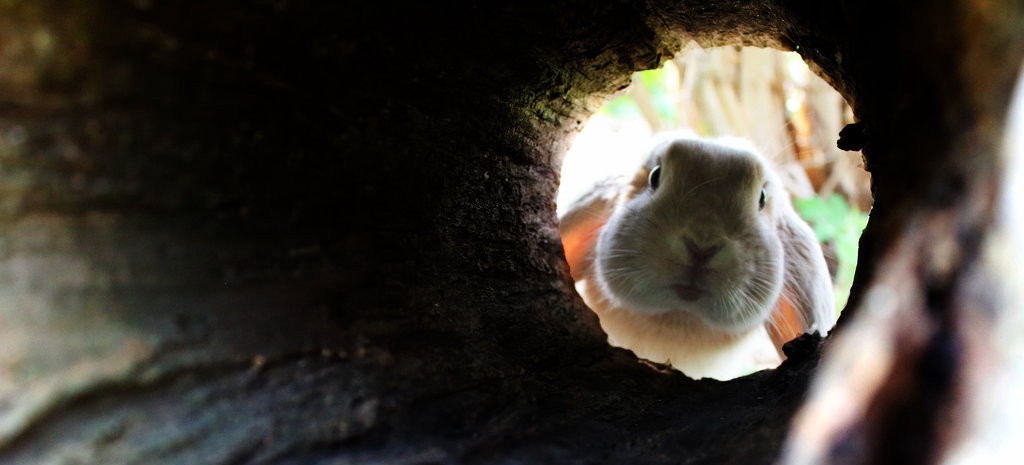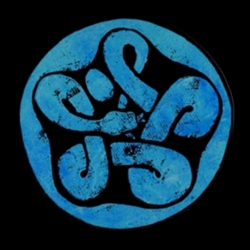Petri György: Tojástükör
Hogy mit akarok e szőrtelen nyetegek
markai közt?
E szőrtelen arcú bevivők karmaiban?
Mit lehet itt akarni? Szarni? Marni? Maradni?
Én itt lakom, miért én menjek ki?
Ez az ország legalább annyira az én országom.
Menjenek ők ki,
ha feszélyezi őket a társaságom.
Homályos föltételeket nekem
többé nem szabnak.
Szeretném, persze, ha jönne Oz,
a játékmester, a varázslóterem
főgondnoka egy kis villogó-durrogó
hazugsággal.
De Oz nem jön. Ugyanis Oz nincs.
Senki nem jön.
Mindenki egyedül
várja álmatlanul,
a díszpárna spirálján,
a szem össze-vissza jár a félsötétben.
Várja, amit vár.
Csöndet magunknak!
Miért gondoljuk, hogy ilyen ocsmány
korszak nem volt még? Miért ne lett volna?
Feleljünk magunkért.
A régészek, kik ha megtalálnak
egy Arany összessel, két szénné sült
tükörtojással a gázsparhelten,
majd megállapítják:
jellegzetesen magyarkori temetkezés.
five to six // ötről hatra

why is it so hard to speak joy
hardship
with the spirit of adventure lost
loss
without parting and making peace
grief
alone and expendable
old age
long forgotten
illness
and no desire to learn
death
and unfinished business
no wonder
misery doesn’t sing joy
it breaks the heart
but even when the long untrodden
path of the pleasure of life
is rediscovered
the dissolving mountain of shame
still stands in the way
of the subterranean
river of laughter
clear out the rocks
make a royal bed
for the waters
speak joy
//
miért olyan nehéz szóra bírni az örömöt
veszedelem
kalandvágy nélkül
veszteség
búcsú és békülés nélkül
bánat
egyedül és nélkülözhetően
vénség
elfeledetten
betegség
a tanulni nem vágyónak
halál
lezáratlan ügyekkel
nem csoda
hogy a szerencsétlenség
nem dalol az örömről
szíve szakadna
de még mikor az életélvezet
régóta járatlan ösvényét meg is találjuk
a szégyen omló hegye
még mindig eltorlaszolja
a nevetés
föld alatti folyóját
hordd el a sziklákat
építs királyi ágyat
a vizeknek
beszéljen az öröm
orphic trance 2 // orfikus transz 2

get near by expanding silence
get near through a deck of cards
get near wearing thankfulness
get near while voicing needs
get near from drunkenness
get near into sobriety
get near to have your fill
get near with purposeful hunger
get near out of shunning sleep
get near on the wings of dreams
get near along forests and meadows
get near via cities and factories
get near in temples and tombs
get near over mountains and down valleys
get near singing your best tune
get near drenched in rain and assaulted by hail
get near immersed from spring to ocean
get near hurried by fire bright fire
get near gasping the last breath
get near
—–
közelíts a táguló csendből
közelíts egy pakli kártyán keresztül
közelíts hálába burkolódzva
közelíts a hiány szavaival
közelíts részegülten
közelíts józanságban
közelíts teli hassal
közelíts önként éhezve
közelíts elkerülve az alvást
közelíts álmok szárnyain
közelíts át erdőn réteken
közelíts városon gyárakon
közelíts keresztül templomokon sírokon
közelíts hegyen át és végig a völgyben
közelíts legszebb dalodat énekelve
közelíts esőben ázva, jégverésben
közelíts forrástól óceánig alámerülve
közelíts tűztől fényes tűztől űzetve
közelíts utolsó lélegzetedben
közelíts
Music for sadness // Zene szomorúsághoz
And an encore, very much so // És egy ráadás, de még mennyire
When I was a child, I caught a fleeting glimpse
Out of the corner of my eye
I turned to look, but it was gone
I cannot put my finger on it now
The child is grown, the dream is gone
I have become comfortably numb
Oh dear…
A vaccine rabbit hole

As recommended by Charles Eisenstein, Toby Rogers writes about the global effects of vaccination. These titles and summaries caught my eye right away:
Why I’m an abolitionist – According to the best data set in the world, all of the vaccines on the U.S. schedule cause more harm than benefits.
A mostly subconscious genocide – Vaccine injury is really really expensive. Vaccine injury in children roughly doubles educational costs and vaccine injury in all ages massively increases healthare costs.
American politics is so bizarre because it’s actually just two large groups of vaccine injured people fighting against each other
Sounds like a nutter, right? But what if he’s not? The quality of writing suggests otherwise… Enter at your own risk.
Fact // Tény

A legtöbb ember abban nagyon hasonlít egymásra, hogy mind nagyon különbözőnek gondolják magukat.
*
One strong resemblance between most people is that they all think that each of them is very different.
Az ég, most, itt

Ahogy ébredek, az álom elköszön: ”Szép valóságokat!” // As I awaken, the dream waves goodbye. “Sweet realities!”
Amikor álmomban rájövök, hogy álmodom, akkor egyben annak is tudatába kerülhetek, hogy azt álmodom, amit akarok, hogy álmodhatok mást is. Ha ébren rájövök, hogy ébren vagyok, akkor egyben annak is tudatába kerülhetek, hogy a valóságban vagyok, és azt valósítok, amit akarok, valósíthatok egészen mást is? Majdnem. A különbség mutatja meg, hogy melyik az álom és melyik az ébrenlét.
When, in a dream, I realise that I am dreaming, I can also become aware that I can dream whatever I want, that I can dream something completely different. If, when awake, I realise that I am awake, can I also become aware that I am in reality, and that I can make real whatever I want to make real, that I can make reality completely different? Almost. The difference tells me which is the reality and which is the dream.
For continuity

orphic trance // orfikus transz
i stumble into your house
on borrowed wings
smoke swirling in my head
everywhere always
and every way is your house
Great Mysteriousness
all ways is your house
i shed my skin in your house
taking any forbidden side door
assuming any disguise
i sneak i swindle myself
into your presence
Sweet Mysteriousness
i sneak into your presence
strong peace resides
abiding in your presence
strong peace that cares not
death from life
with chaos your pulsing heart
Great Mysteriousness
strong peace chaos heart
conduct me with your peace
urge me to freedom
in gentle birth
gentle birth into awakening
the flower blossoms forth
Sweet Mysteriousness
the flower speaks
-//-
kölcsönszárnyakon
fejemben gomolygó füsttel
botlok be a házadba
mindig mindenhol
mindenféleképpen a te házad
Nagy Titokzatosság
minden út a te házad
házadban levedlem bőrömet
át minden tiltott oldalajtón
bármiféle álcát magamra öltve
besurranok becsempészem magam
a jelenlétedbe
Édes Titokzatosság
besurranok jelenlétedbe
erős béke lakozik
rendületlenül jelenlétedben
erős béke nem törődik
élettel halállal
káosz a te dobogó szíved
Nagy Titokzatosság
erős béke káosz szív
békéddel vezess engem
bíztass szabadságra
gyengéd születéssel
gyengéd születéssel az ébredésbe
a virág kibomlik
Édes Titokzatosság
a virág beszél

